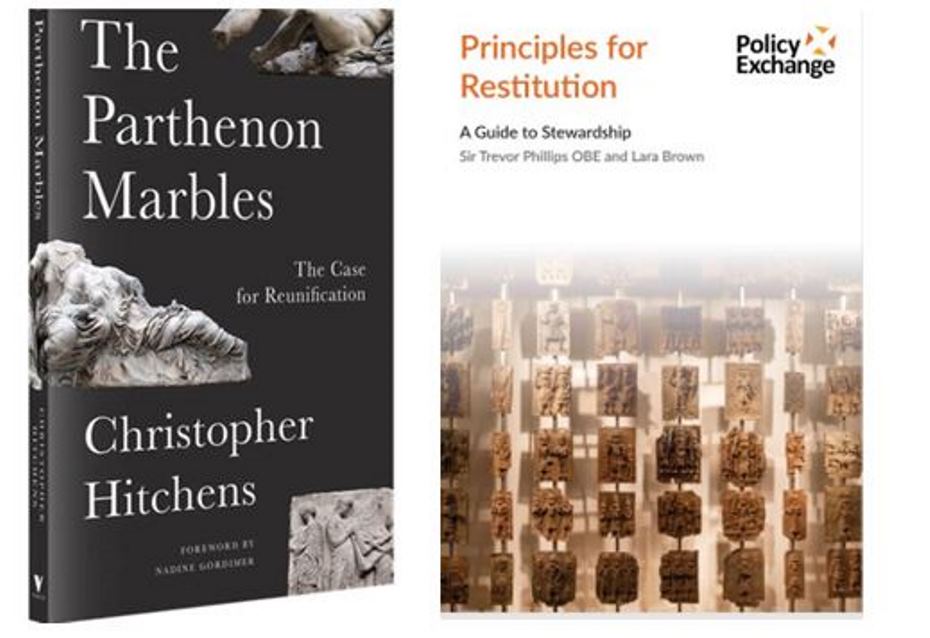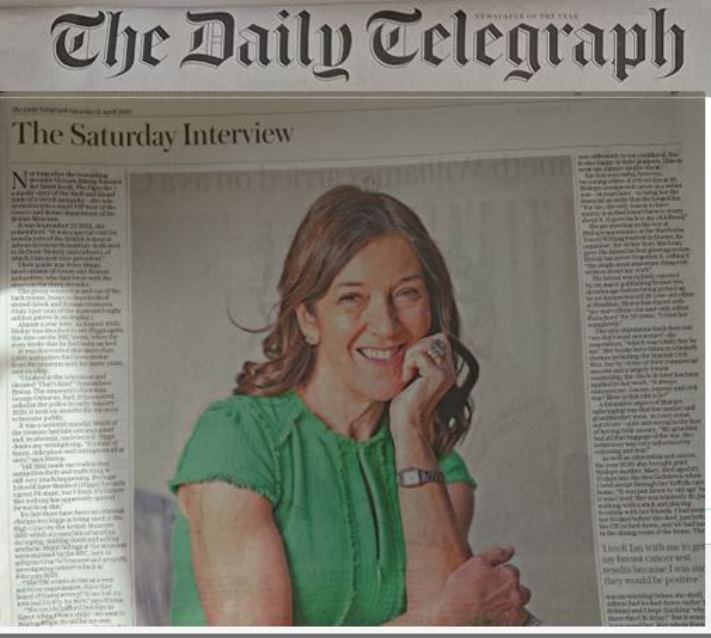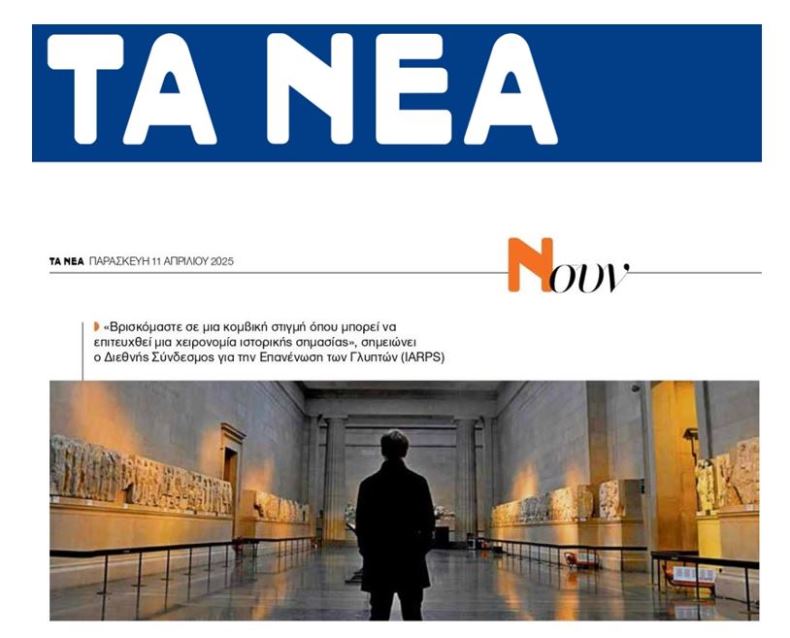Museum directors, curators and archaeologists gathered in Athens on Monday for a two-day UN conference on stolen artefacts in the shadow of the Acropolis, whose famous frieze is now in the British Museum.
The meeting is being held in the new Acropolis Museum, which was built with an empty room ready and waiting for the return of the marble sculptures — which the Greek government considers to have been stolen by the 19th century British ambassador, Lord Elgin.
"We are here in the best possible place to house the (Elgin) marbles," Greek Culture Minister Michalis Liapis said as he opened the United Nations Educational, Scientific and Cultural Organisation (UNESCO) conference.
The British Museum has consistently refused to return the artefacts, which once sat upon the eastern facade of the Acropolis, claiming that such objects are "universal" and don't belong just to one country.
Greece argues that the universal value of an art object cannot define its moral and legal owner.
The conference will also examine legal cases and precedents for the restitution of art works, and the legal requirements for claiming works in an increasingly competitive art market.
A 1970 international law on antique theft signed by 115 countries cannot help countries claim back art objects that were stolen before then and under colonial rule.
UNESCO's deputy director-general for Culture, Françoise Riviere said the legal aspect of who owns stolen artefacts is age-old and almost endless.
Thefts of archaeological finds in war zones are also on the agenda.
"Illegal excavations are proliferating, particularly in areas like Iraq or Afghanistan," said Françoise Riviere, demanding urgent action against looting.





Comments powered by CComment